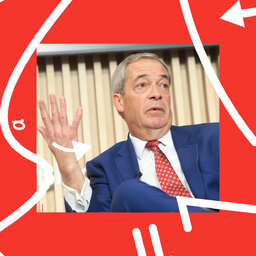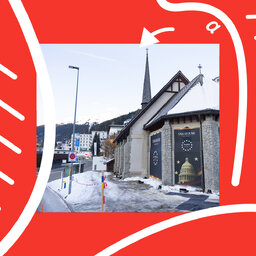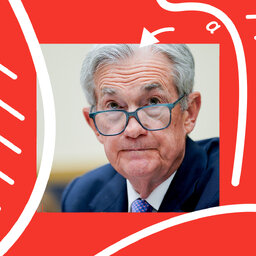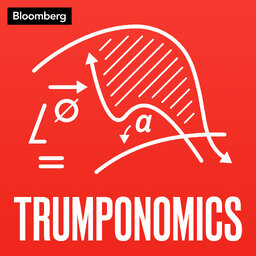Brazil's Real Problem Is Economics -- Not Graft
What on earth is going on in Brazil? Less than a year after impeaching one president for fiddling fiscal accounts, her successor is on the ropes amid allegations of graft. Dig a little deeper and the real problem is a recession deeper than any the country has ever experienced. With Brazil one of the world's 10 largest economies -- and Latin America's largest -- it matters beyond the nation's borders. Sao Paulo native Vivianne Rodrigues, who runs Latin American political news at Bloomberg, joins Dan and Scott to explain what gives. We also hear that the gas station in Brasilia at the center of the scandal doesn't actually have a car wash!
In 1 playlist(s)
Trumponomics
Tariffs, crypto, deregulation, tax cuts, protectionism, are just some of the things back on the tabl…Social links
Follow podcast
Recent clips

Nigel Farage at Davos: 'The Consensus Era Is Over'
26:59

Live from Davos: Greenland Shock Tests Europe’s Spine—and Strategy—at Davos
38:13

How the Powell Probe Could Blow Up Trump’s Fed Plans
26:25
 Trumponomics
Trumponomics